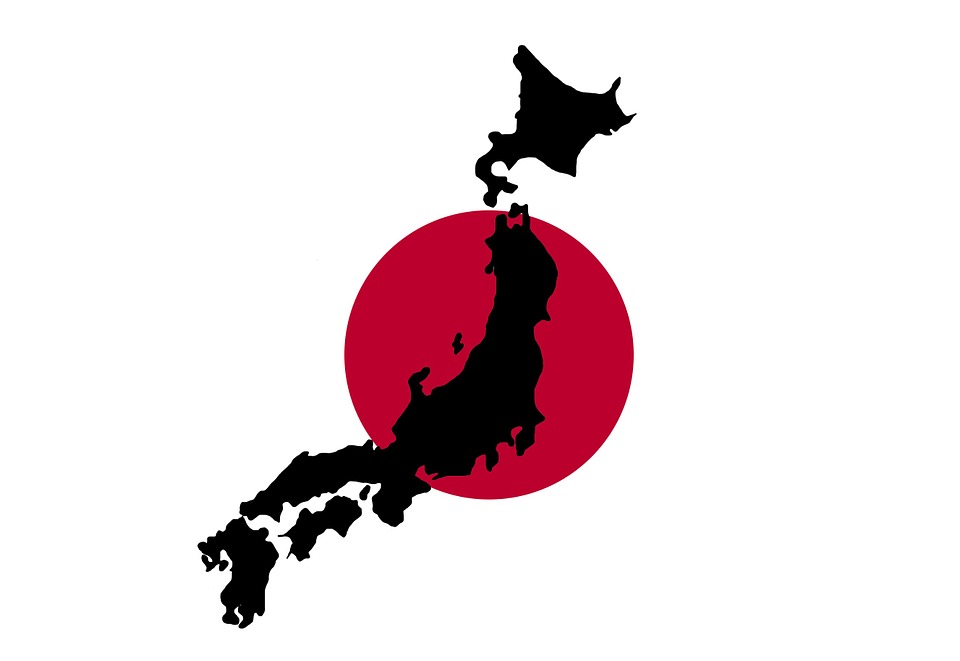 Bank of Japan Governor Haruhiko Kuroda recently commented that the Japanese economy is currently recovering and coming back to pre-COVID-19 levels.
Bank of Japan Governor Haruhiko Kuroda recently commented that the Japanese economy is currently recovering and coming back to pre-COVID-19 levels.
Kuroda highlighted that export levels and the GDP have recovered to pre-pandemic levels. Consumption is also rising, while services spending remains weak.
The media also reported that Kuroda met with Japanese Prime Minister Yoshihide Suga. After the meeting, Kuroda told reporters that he explained to the prime minister the Bank of Japan's plan to review its monetary policy stance, now that the economy is recovering.
"I explained how the global economy was picking up, and how the BoJ needed to conduct the review to continue its ultra-loose monetary policy," he said, adding that the prime minister didn't make any particular comment about the bank's plan.
The Bank of Japan is set to review its monetary policy tools in March since last year's economic performance forced the bank to keep a loose monetary policy stance. Despite this, Kuroda said that it is too premature to discuss an exit from the current monetary policy stance, especially taking into account that achieving the bank's inflation target will take some time.
“It’s likely to take significant time to achieve our price (inflation) target. As such, now is not the time to think about an exit including from our ETF buying,” he told the Japanese parliament.
The ETF buying program has been heavily criticized and also linked to the recent surge in stocks, as they've hit a three-decade high. The former head of the Bank of Japan's financial markets department said that the bank's policy could be aiding the stock rally, adding that if it continues to buy ETFs it will be held responsible for it.
“The BoJ is buying ETFs when stocks are on a super-fast rising trend,” he said, “It may be hard to explain why if policy gets reviewed again sometime in the future.”
Kuroda commented that the current stock boom reflected market optimism over the global economic outlook, discarding the possibility that the current ultra-loose monetary policy stance was fueling the rally. He also commented that the bank would be monitoring financial risks associated with prolonged easing.
Recently, the Japanese government launched its vaccination campaign, though it's still not clear whether they will vaccinate enough people before the Olympic games, which are taking place this summer. So far 419,015 coronavirus cases have been reported in Japan, as well as 7,102 deaths.
By 8:17 GMT, the US dollar remained steady against the Japanese yen, at the 105.85 level.
